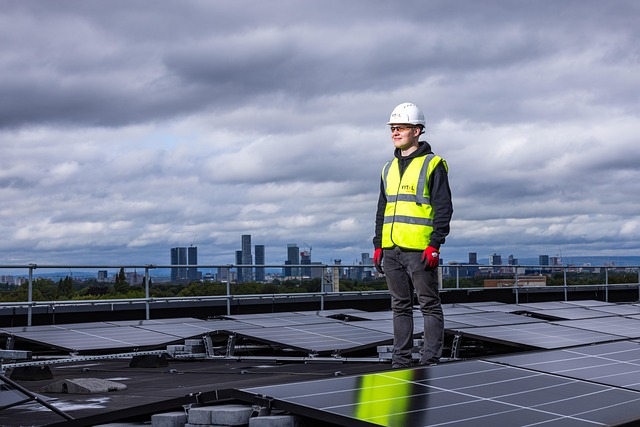As the world moves towards a more sustainable future, the concept of being an eco-friendly gardener has never been more relevant. With urban spaces expanding and the environment continuously affected by human activities, the integration of green urban technologies into our gardening practices can significantly contribute to a healthier planet.
One of the most compelling reasons to adopt these green technologies is their ability to reduce environmental impact. Urban gardening doesn’t just beautify our surroundings; it can also help mitigate the heat island effect common in cities, where concrete and asphalt absorb and intensify heat. By incorporating green roofs and vertical gardens, we not only increase biodiversity but also promote natural cooling in our urban landscapes. These technologies can transform bare walls into lush, living spaces, providing much-needed greenery and offering refuges for local wildlife.
The concept of rainwater harvesting is another excellent example of green urban technologies. By collecting and utilizing rainwater, gardeners can significantly reduce their reliance on municipal water systems, ensuring their plants receive the hydration they need without straining local resources. Moreover, this practice aligns perfectly with the eco-conscious ethos of gardening. By being more in tune with nature’s cycles, we cultivate a deeper connection to the environment around us.
Composting is yet another sustainable practice that falls under the umbrella of urban gardening initiatives. Transforming organic waste into nutrient-rich compost not only rejuvenates the soil but also diverts waste from landfills. This hands-on approach to recycling resonates with gardeners, emphasizing the importance of understanding and respecting natural processes. There’s something inherently satisfying about watching your kitchen scraps give rise to vibrant new life in your garden.
To complement these technologies, implementing permaculture principles can turn any urban garden into a sustainable oasis. By designing your garden to work harmoniously with nature, you’ll utilize companion planting and crop rotation to maintain healthy soil and deter pests naturally. This not only fosters a thriving ecosystem but also reduces the need for harmful pesticides and fertilizers, ensuring a more eco-friendly garden.
Furthermore, urban gardeners can utilize community gardens, which bring together people with various skill levels to learn and share insights about green urban technologies. These communal spaces foster a sense of belonging and shared purpose, reinforcing the idea that sustainability is a collective effort. They also serve as educational sites, where both children and adults can delve into eco-friendly gardening, learning about native plants and biodiversity, and how these elements contribute to a balanced environment.
Additionally, making use of smart technology can further enhance the sustainability of urban gardening. Automated systems for watering and monitoring soil moisture not only save time but also optimize resource use. By incorporating sensors and mobile apps, gardeners can track their plants’ needs and ensure they are cared for efficiently. This blend of technology and nature creates a smarter, more efficient way to garden sustainably.
Ultimately, the journey of an eco-friendly gardener is about more than just the flowers and vegetables grown; it’s a commitment to preserving nature and promoting a healthier environment for future generations. By embracing green urban technologies, gardeners can play a pivotal role in the larger movement towards sustainability, making their urban spaces more green and vibrant. Whether you are starting a small balcony garden or transforming a local park, every small action contributes to the health of our planet and our communities.




